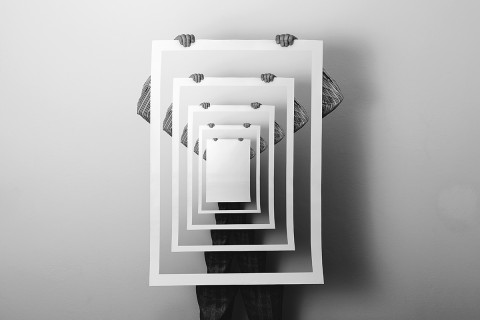The generations of hurt that the Chauvin conviction can’t heal
We are disguising our collective wounds instead of treating them.

As the father of two teenagers, I’ve found myself occasionally responding to their behavior in a way that is both problematic and strikingly familiar to the way my parents responded to me. Every time I catch myself in the act, I question why I would employ the tactics that traumatized me on my own children. The unfortunate answer is that it seems to work, at least in the short term.
As I’ve embarked on my own journey of healing, I’ve had to apologize to my children for those moments of reflexive response, rooted in my woundedness. The long-term harm has been greater than any fleeting gain. The old adage is true: hurt people hurt people.
This pattern of responding out of woundedness is not limited to parenting. It is present in every aspect of our lives and our society. Humans are experts at hiding from healing and repeating the traumatizing patterns of our past. It is almost as if we seek somehow to normalize hurt, to create the space to be OK with it so we can continue to evade the healing we need.




